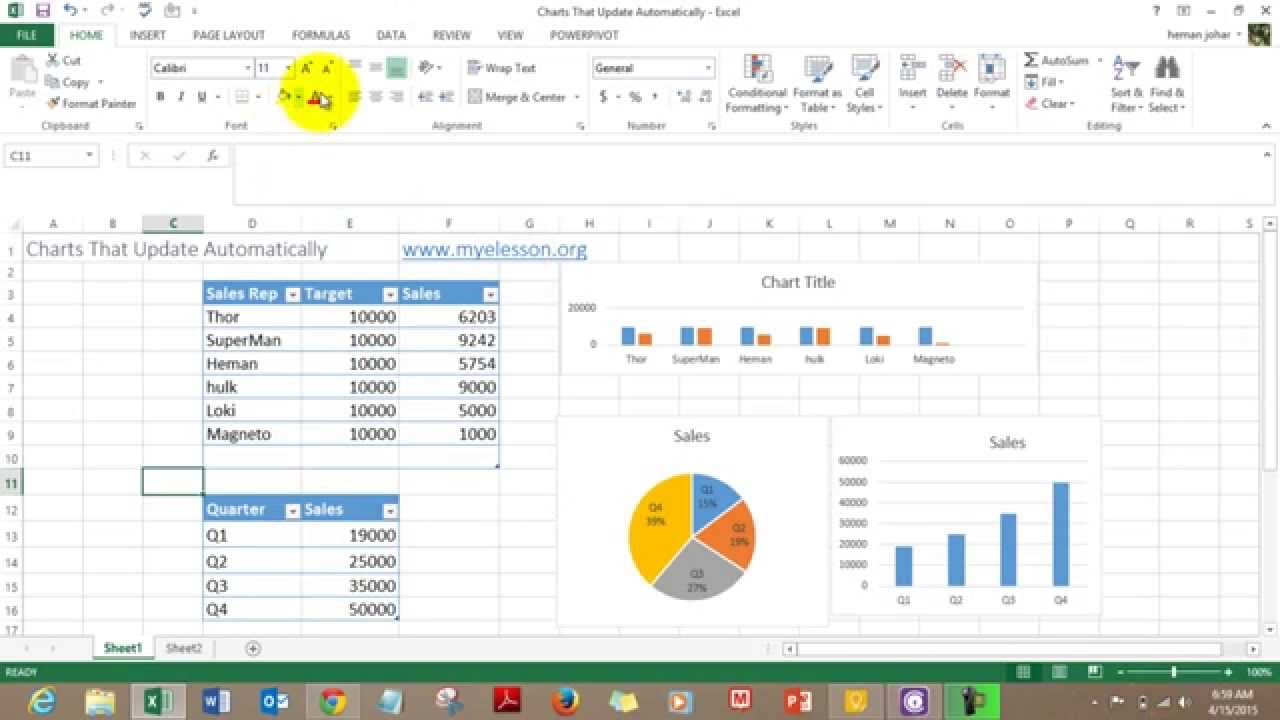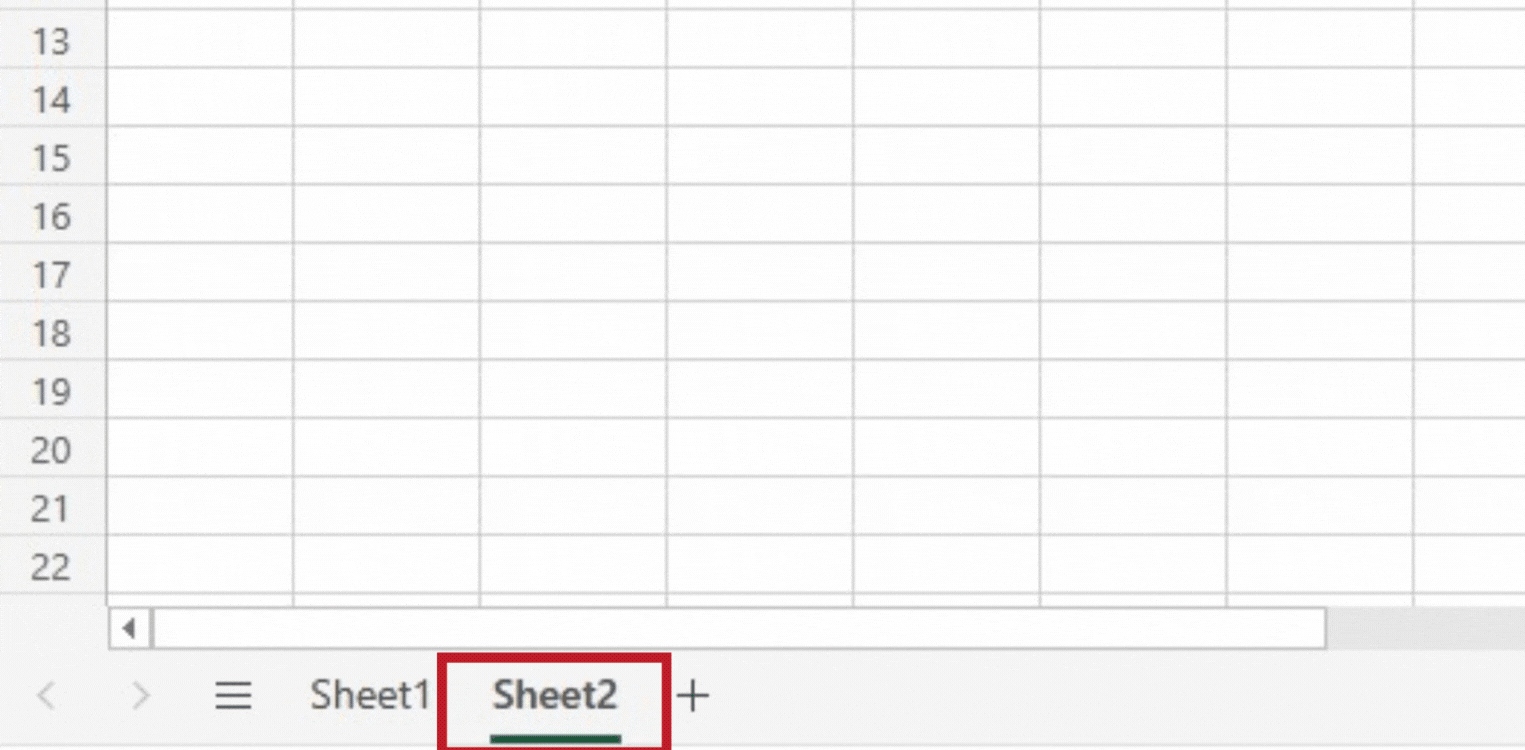5 Ways to Automatically Create Excel Sheets

Microsoft Excel is an incredibly powerful tool that, when harnessed correctly, can automate many repetitive tasks, increasing efficiency and accuracy in data management. Automating the creation of Excel sheets not only saves time but also reduces the likelihood of human error. Here are five innovative ways to automate the process of creating Excel sheets.
1. Using VBA (Visual Basic for Applications)

VBA is a programming language included with Microsoft Office, allowing for powerful automation within Excel. Here’s how to create Excel sheets automatically using VBA:
- Open Excel and press Alt + F11 to open the VBA editor.
- Click Insert > Module to add a new module.
- Paste the following VBA code: ```vba Sub CreateNewSheet() Dim ws As Worksheet Set ws = ThisWorkbook.Sheets.Add(After:=ThisWorkbook.Sheets(ThisWorkbook.Sheets.Count)) ws.Name = "NewSheet" & Format(Now, "yyyymmdd") End Sub ```
- Close the VBA editor and press Alt + F8, run CreateNewSheet.
💡 Note: This script adds a new worksheet to your workbook, naming it with the current date.
With VBA, you can also set up templates to be loaded into new sheets automatically or automate data entry based on specific conditions.
2. Power Query

Power Query, a data transformation tool, can be used not just for data manipulation but also for creating new sheets from templates or external sources:
- Navigate to Data > Get Data > From Other Sources > Blank Query in Excel.
- Use the following M Language (Power Query formula language) to create a sheet from a template: ```m let Source = Excel.Workbook(File.Contents("C:\Path\To\Your\Template.xlsx")), Sheet = Source{[Item="TemplateSheet",Kind="Sheet"]}[Data] in Sheet ```
- Load the query to a new sheet or click Advanced Editor to further customize.
🔎 Note: Ensure the template file path is correct in your script.
3. Excel Templates with Macros

Excel templates can be paired with macros to automate tasks:
- Create your template Excel file with predefined formats, formulas, and macros.
- Save your workbook as an Excel Macro-Enabled Template (.xltm).
- Automate the process of opening this template and running macros: ```vba Sub AutoOpen() Application.OnTime Now + TimeValue("00:00:01"), "YourMacroName" End Sub ```
This macro runs automatically when the template is opened, executing YourMacroName.
4. Excel Add-ins

Develop or use existing Excel add-ins to automate sheet creation:
- Create a new sheet: Use add-ins that include functions to quickly generate sheets from templates or external data.
- Batch Process: Some add-ins can automate the creation of multiple sheets with different parameters.
- Custom Functions: Add-ins can be used to define custom functions that automate repetitive tasks like formatting, data loading, and sheet naming.
5. Power Automate (formerly Flow)

Power Automate is a part of Microsoft’s Power Platform, allowing for the creation of automated workflows:
- Design a flow that triggers on an event like the arrival of a file in OneDrive or SharePoint.
- Use the Excel Online (Business) connector to add or copy sheets from templates or data sources.
- Customize the flow with conditions, loops, and dynamic content to tailor the sheet creation to your needs.
With Power Automate, you can automate the entire process from file intake to sheet creation, ensuring all your automation needs are met seamlessly.
Integrating Automation: Combining several of these methods can yield a highly automated system. For instance, you might use Power Automate to trigger a VBA macro that opens a template file with an add-in pre-installed, which then uses Power Query to populate data.
Can I automate sheet creation in Excel without coding?

+
Yes, through Excel’s Power Automate, you can automate sheet creation without coding by setting up workflows with visual drag-and-drop actions.
Is VBA still relevant for Excel automation?

+
VBA remains highly relevant due to its deep integration with Excel’s functionality, allowing for complex automation not always possible with newer tools.
What are the benefits of using templates for sheet creation?

+
Templates provide consistency in formatting, preloaded with formulas and data structure, reducing setup time and increasing standardization across documents.
How can Excel add-ins improve my automation?

+
Add-ins can provide specialized functions and user interfaces tailored to automate specific tasks, often with minimal or no coding required on your part.
How does Power Query differ from VBA for automation?

+
Power Query focuses on data transformation and connection, automating data import and manipulation, while VBA can control nearly all aspects of Excel’s interface and behavior.



